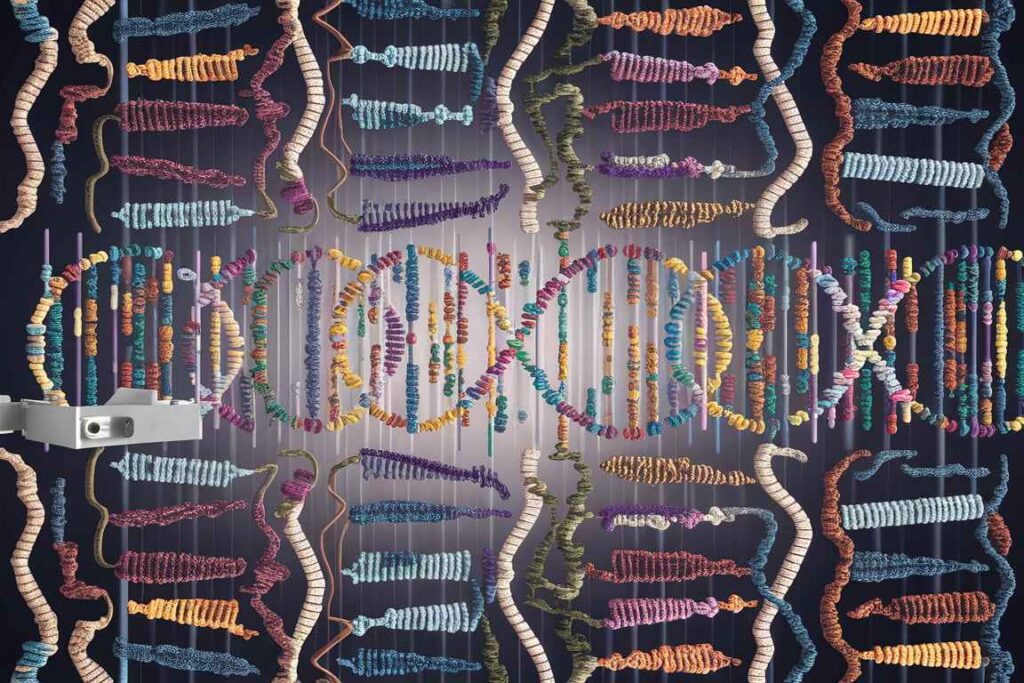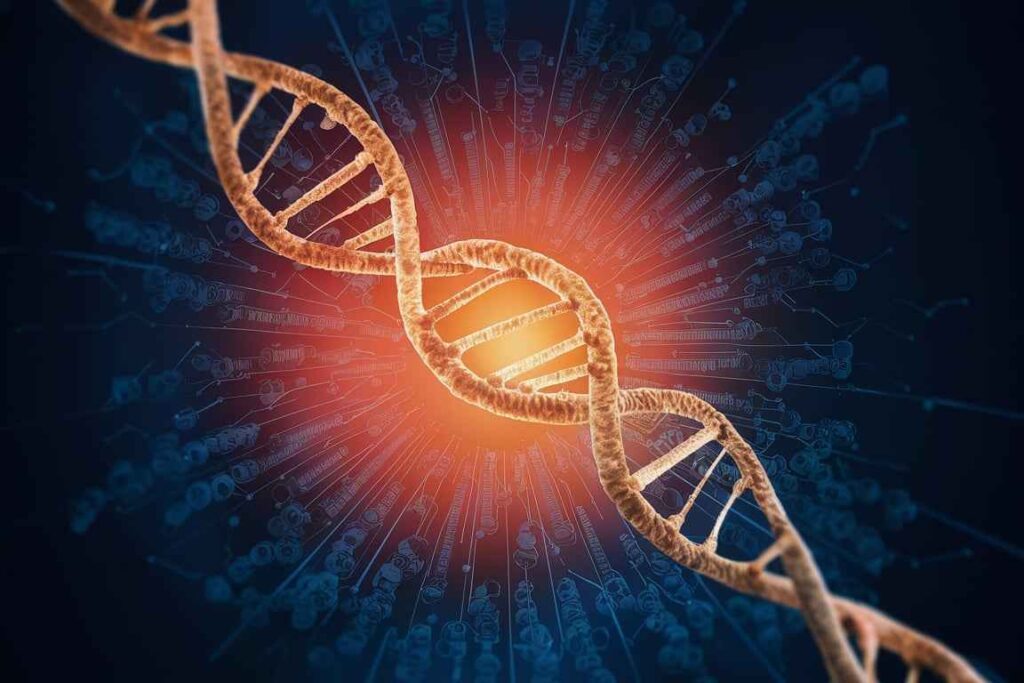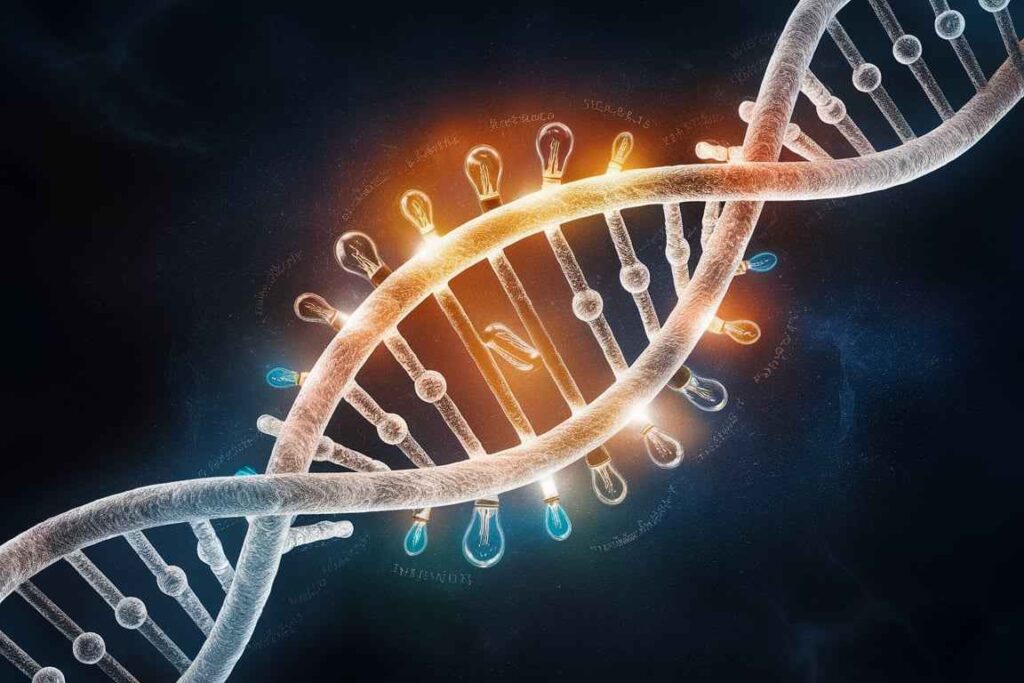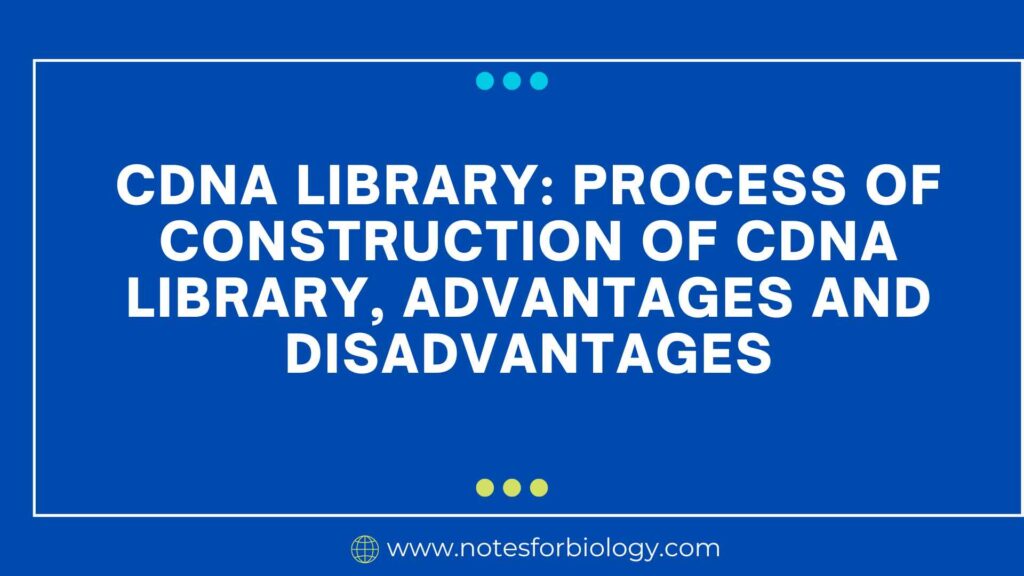A cDNA library is a collection of complementary DNA (cDNA) sequences generated from mRNA molecules isolated from a certain tissue or cell type. The cDNA represents the genes that were expressed in that tissue or cell during the mRNA extraction.
Table of Contents
cDNA Library
A cDNA library is a collection of complementary DNA (cDNA) sequences produced from mRNA from a certain tissue, cell type, or developmental stage. This library effectively represents the set of genes that were actively transcribed in cells at the moment of mRNA extraction. Here is a more detailed explanation.

Process of Construction of cDNA Library
Isolation of mRNA
- Extract total RNA from the tissue or cell of interest.
- Use oligo(dT) columns or beads to specifically separate mRNA with poly-A tails.
Synthesis of cDNA:
- First-strand cDNA synthesis: Generate the first strand of cDNA from the mRNA template using reverse transcriptase and an oligo(dT) primer (or random primers).
- Second-strand cDNA synthesis: After removing the RNA strand, DNA polymerase and RNase H construct the second strand of cDNA.
Cloning the cDNA:
- Attach linkers/adapters with restriction enzyme recognition sites to the ends of the cDNA molecules.
- To establish compatible ends, digest the cDNA and the plasmid vector with the same restriction enzyme.
- Transfer the cDNA segments to the plasmid vectors.

Transformation:
- Introduce the recombinant plasmids into an appropriate host (often E. coli) via electroporation or chemical transformation.
Screening and analysis:
- Plate the transformed bacteria onto selective medium to isolate colonies harboring the cDNA clones.
- Using techniques such as colony hybridization, PCR, or sequencing, screen the library to identify clones having the desired cDNA sequence.
Advantages of cDNA Libraries: –
Representation of expressed genes:
cDNA libraries only include genes that are actively expressed in the tissue or cell type at the time of mRNA extraction, allowing for the investigation of gene expression patterns.

No introns:
cDNA does not contain introns, making it easier to research gene coding sequences and create recombinant proteins in prokaryotic systems that cannot splice introns.
Functional studies:
cDNA libraries are important for functional research such protein expression, gene function identification, and protein interaction analysis.
Gene discovery:
Allows for the discovery of novel genes, as well as the investigation of alternatively spliced transcripts and post-transcriptional changes.
Disadvantages of cDNA Libraries
Bias:
cDNA libraries only include sequences from expressed genes, therefore non-expressed or lowly expressed genes are underrepresented or missing.
Tissue-Specific:
The library is particular to the tissue or cell type and the conditions under which the mRNA was extracted, limiting its usefulness in other tissues or settings.
Incomplete transcripts:
Reverse transcription may not always create full-length cDNA, resulting in partial representation of the 5′ ends of mRNA.
Dynamic Range:
High-expression genes can dominate the library, making it harder to find low-abundance transcripts.
Technical Challenges:
Creating a cDNA library includes several processes, each of which can introduce errors or biases, such as incomplete reverse transcription or ineffective cloning.
Frequently Asked Question
What is cDNA Library ?
A cDNA library is a collection of complementary DNA (cDNA) sequences produced from mRNA from a certain tissue, cell type, or developmental stage. cDNA library is a collection of complementary DNA (cDNA) sequences generated from mRNA molecules isolated from a certain tissue or cell type. The cDNA represents the genes that were expressed in that tissue or cell during the mRNA extraction.
What are the Process of Construction of cDNA Library?
The Process of Construction of cDNA Library are
1. Isolation of mRNA
2. Synthesis of cDNA
3.Cloning the cDNA
4. Transformation
5.Screening and analysis
Related Article

